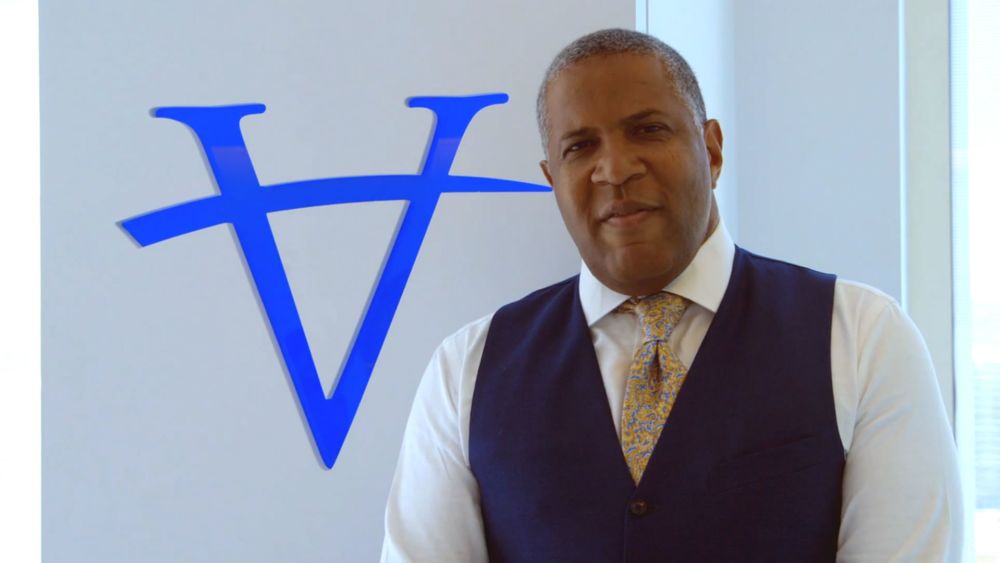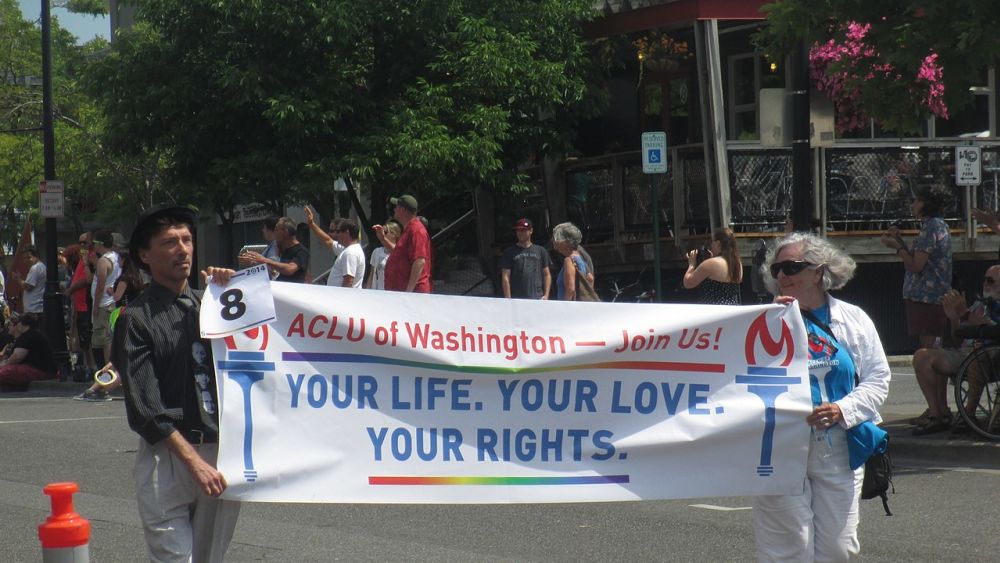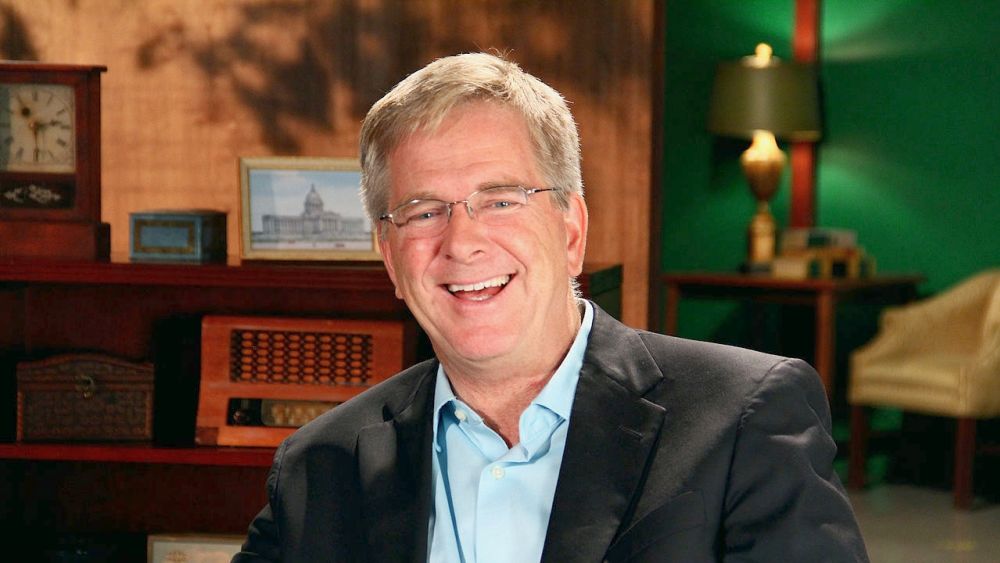M.A.S.H. - Martinis, Medicine, and Madness
Stacy Matson | Best of Best

image by: Public Domain
The popularity and social impact of MASH can’t be denied. It is one of the most widely syndicated TV series in the world
The popularity and social impact of MASH can’t be denied. It is one of the most widely syndicated TV series in the world. The long-running series premiered in 1972 and ended in 1983. Until 2010, the finale was the most watched in television history. Very impressive. Yet, as a child, I HATED it…I’d hear the theme song and want to cry because I knew there was no way I’d get to watch Little House on the Prairie or Wonder Woman.
During MASH’s heyday, I spent most of my allotted television time trying to get my family to watch something else; anything else. There was nothing funny to me about that show. I didn’t get the jokes, all the actors were 150 years old, and I really didn’t care about people stuck in the middle of somewhere I wasn’t sure even existed. Clearly, the anti-war/anti-authority undertones were beyond my world of hopscotch and play-dough.
But then a few years ago on a very rainy day, I started watching MASH again, and I fell in love with the show. Maybe it was the fire roaring in the fireplace. Maybe it was the wine. Maybe it was the fact that nothing else was on TV, or maybe it was a combination of all three factors. All I know is that at the end of the day I had a newfound respect for MASH. I loved the characters, the storylines, and the quality in which it was filmed. As I became more and more addicted to MASH, I realized that I’d missed a lot the first time around…
I realized it wasn’t just a show about Army surgeons on the front lines. It was a show that illustrated the ironies of life and used humor to deliver scathing criticisms on everything from equal rights, to the meaningless destruction of war, and the fragility of human life. It's a show that's complicated underneath yet simple on the surface. It’s human.
The television series was based on the misadventures of a Mobile Army Surgical Hospital unit (M*A*S*H*, get it?) stationed three miles from the front lines during the Korean War. The surgical scenes in the operating room made MASH not just an average medical dramedy but a show with political impact, forcing people to think about war and the price we pay for it. On a daily basis, wounded soldiers were either patched up and sent home, or sent back to the frontlines, only to return to the hospital again wounded or in a body bag. And although the show was set in Korea, MASH was essentially a lightly veiled condemnation of the Vietnam War.
Each half-hour episode offered multiple storylines; usually one humorous and the other serious. The stories were mainly plot and character-driven and typically revolved around “us - the drafted vs. them - the enlisted.” Hawkeye, Pierce, and Klinger were drafted and caused much of the comedic tension as it highlighted the desperation of their characters to get back to the United States and away from the bloody war which they thought was pointless. With little support from the outside world, the MASH unit was forced to create its own fun and entertainment. They were fond of homemade gin, practical jokes, poker, and revenge. Using humor and sarcasm, the doctors, nurses, and soldiers found ways to maintain their sanity and make wartime life bearable.
MASH was cutting edge in that it tackled society's most taboo subjects: sex, religion, infidelity, politics, and death; subjects that had never been covered in such a manner before. It was also one of the only TV shows where you didn’t get a fully resolved happy ending. Remember the episode ‘Abyssinia Henry’? It was the final episode for the beloved Lieutenant Colonel Henry Blake and will most likely be remembered as one of the most tragic endings in TV history; Colonel Blake’s plane is shot down on his way home and “there were no survivors.” That DOES NOT happen on TV, especially not in 1970’s comedies...
The thing that made the show so believable was that many of the storylines were based on real-life tales told by real-life MASH surgeons. The writers got many of their scenarios from transcribed interviews of doctors, nurses, and patients who lived through it. But as with any other television show, the key was to find a hook that would connect the characters to these real life incidents. And that hook was comedy. A comedy about surgeons in the midst of war was a far-fetched idea, but it worked. And to this day no other television show has mixed comedy with drama so successfully.
Ultimately MASH was not just a comedy about war. It was a comedy about people who had to laugh in the face of war in order to get through the day. In the words of Colonel Henry Blake, “There are certain rules about war, and rule number one is young men die. And rule number two is doctors can't change rule number one." And despite its historical timeline, the characters and issues in this series remain fresh, funny, and compelling in ways that continue to be relevant today.
The Bottom Line
MASH proved that you could have a successful TV show that didn’t always offer a happy ending, didn’t always teach a lesson, and the characters weren’t infallible. There may be other medical shows out there with more complex characters and plotlines that are more intense. but they all owe a huge debt to MASH.
Stacy Matson, a health enthusiast from Southern California, regularly blogs on Celebrity Health for A Healthier World, as well as contributing to the Best of the Best. Stacy Matson is also on Health Entertainment Network.

Introducing Stitches!
Your Path to Meaningful Connections in the World of Health and Medicine
Connect, Collaborate, and Engage!
Coming Soon - Stitches, the innovative chat app from the creators of HWN. Join meaningful conversations on health and medical topics. Share text, images, and videos seamlessly. Connect directly within HWN's topic pages and articles.
















